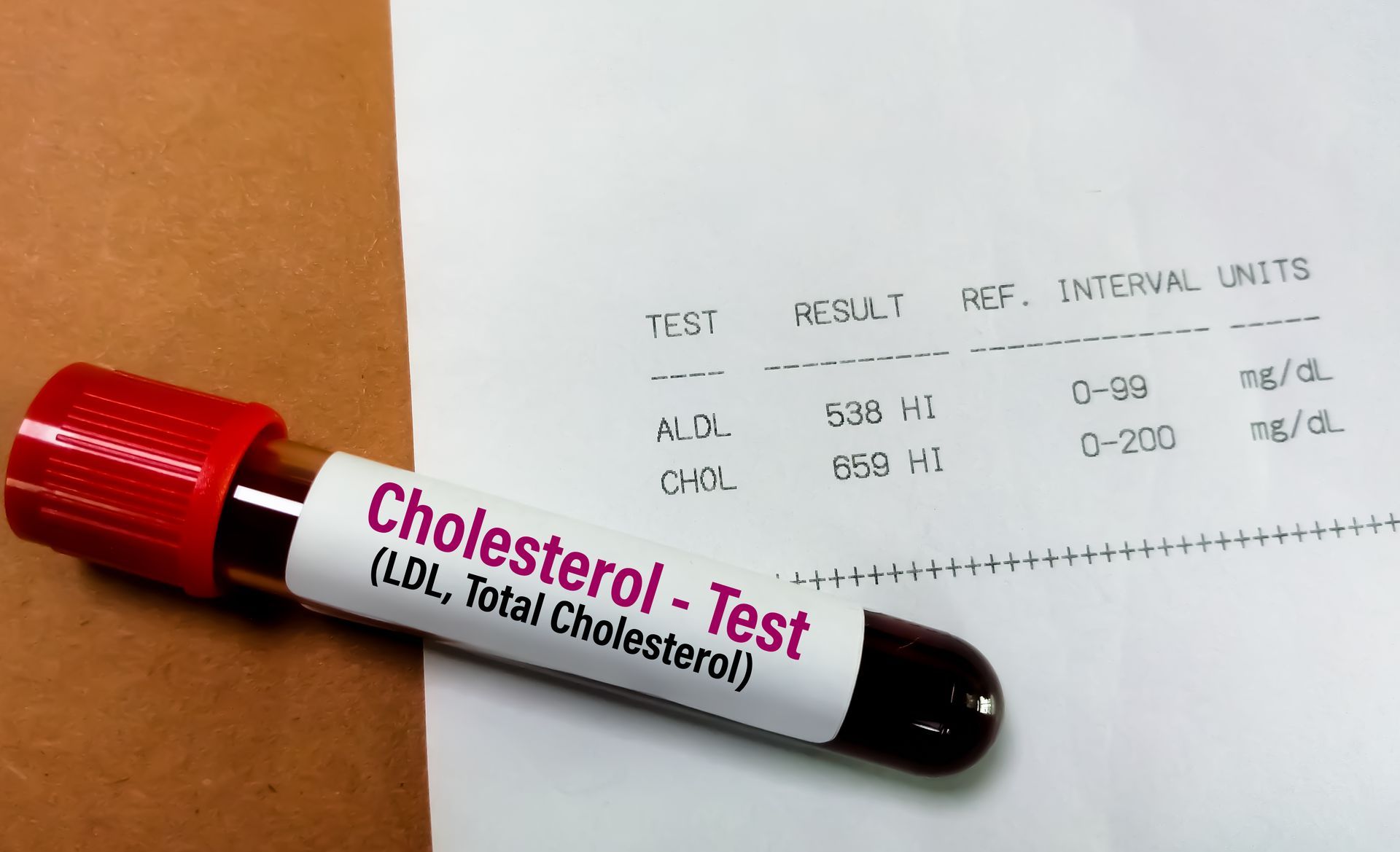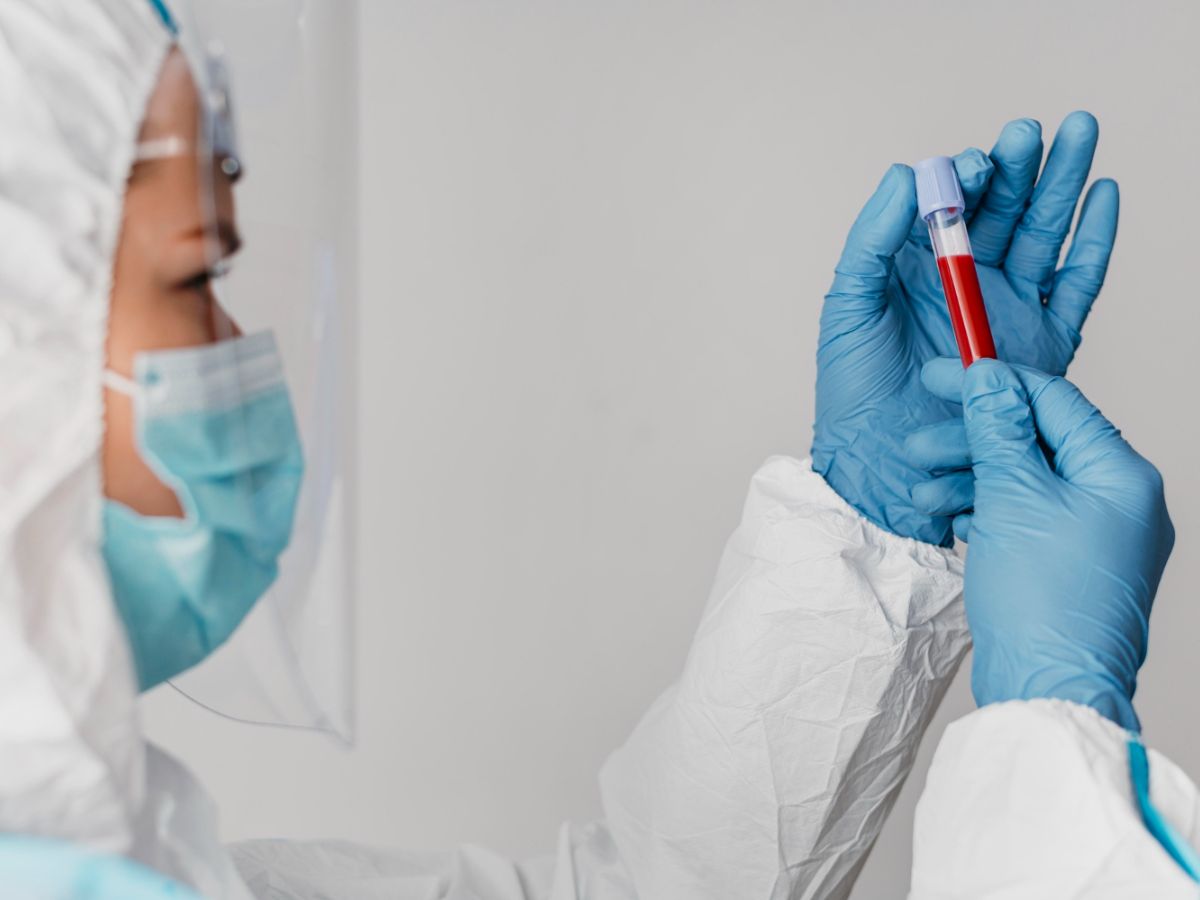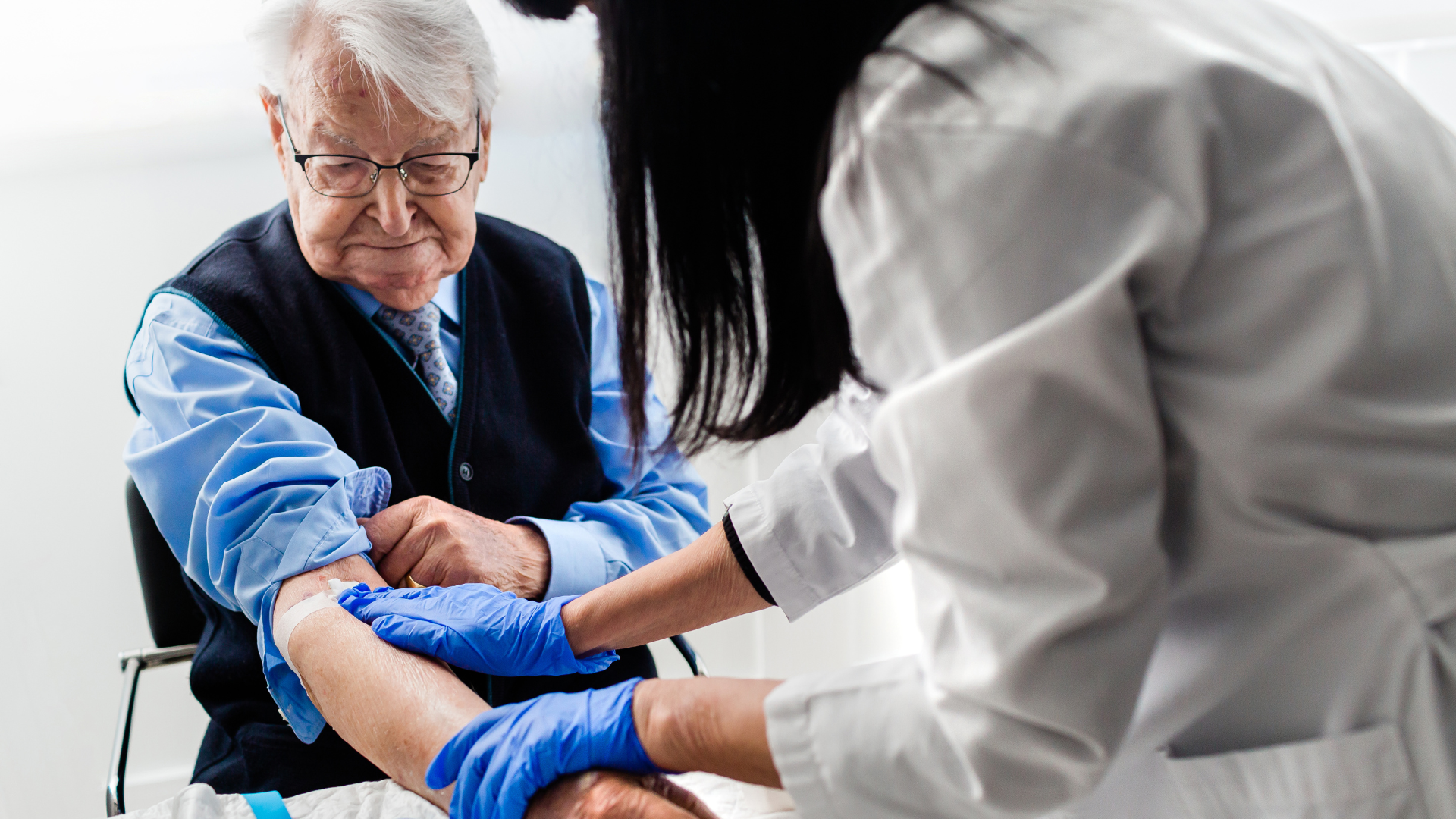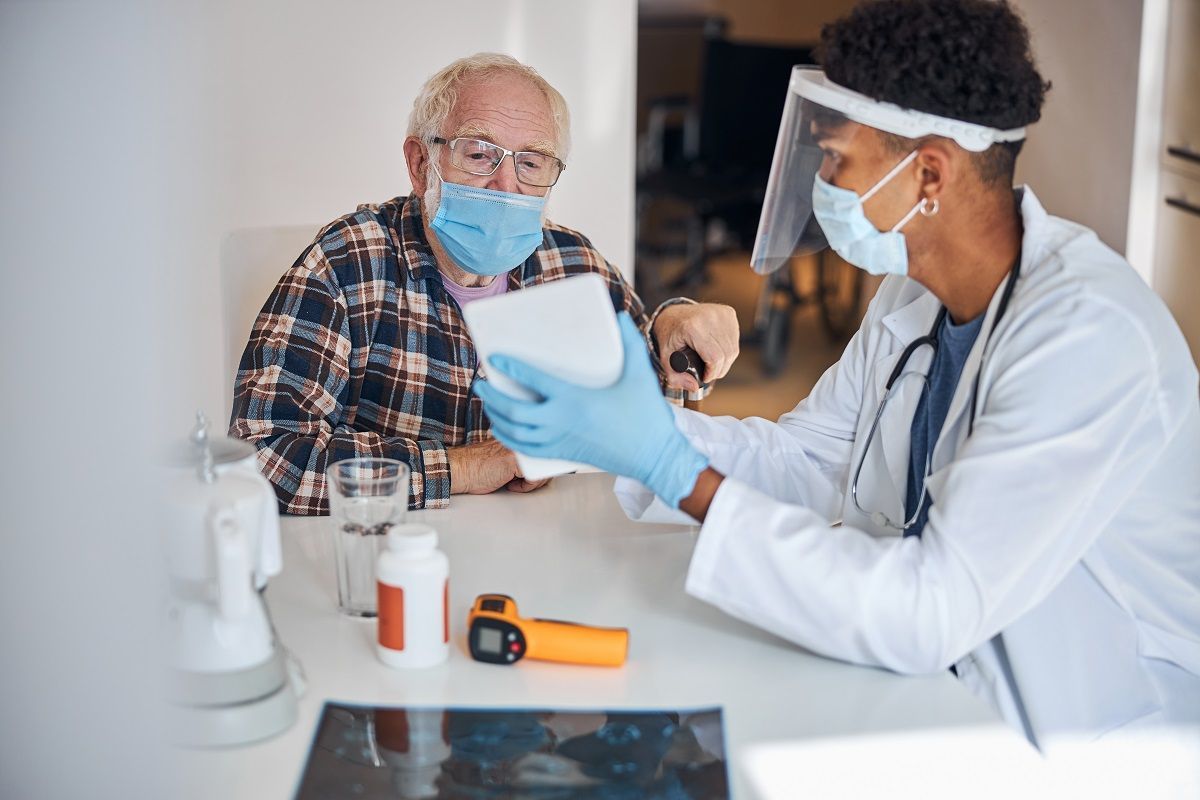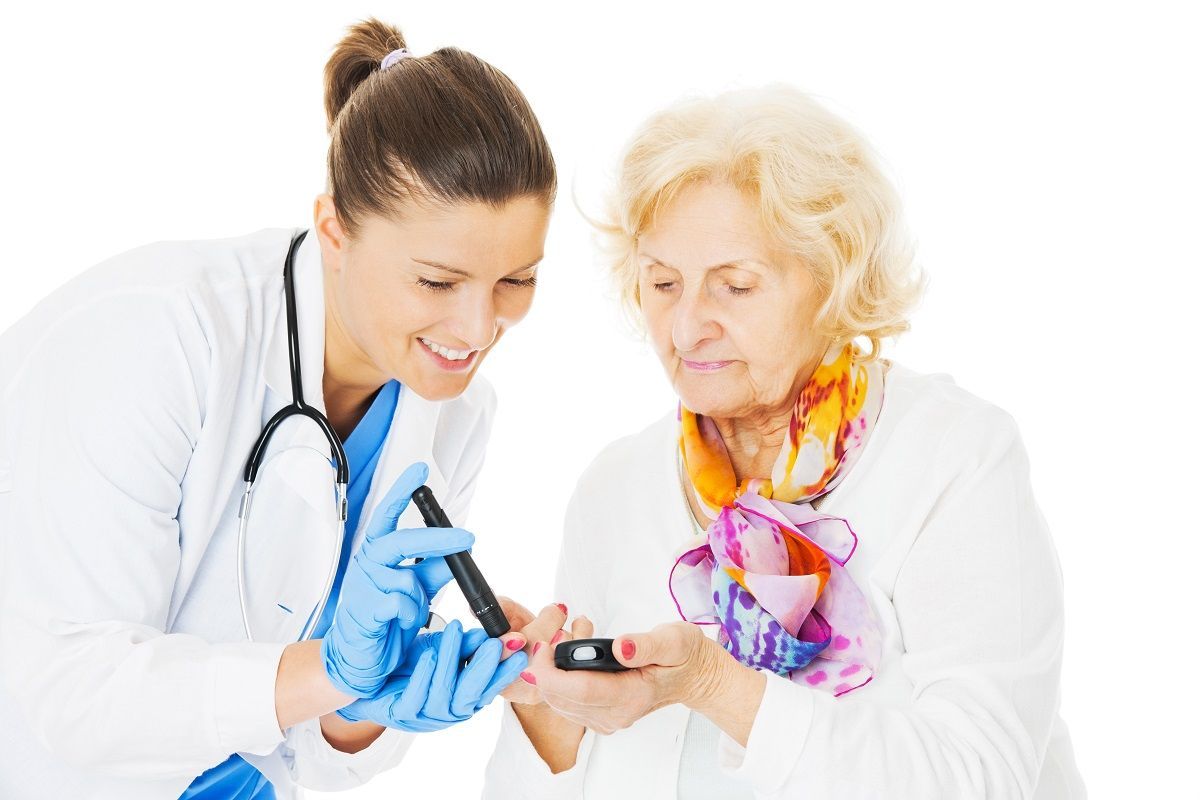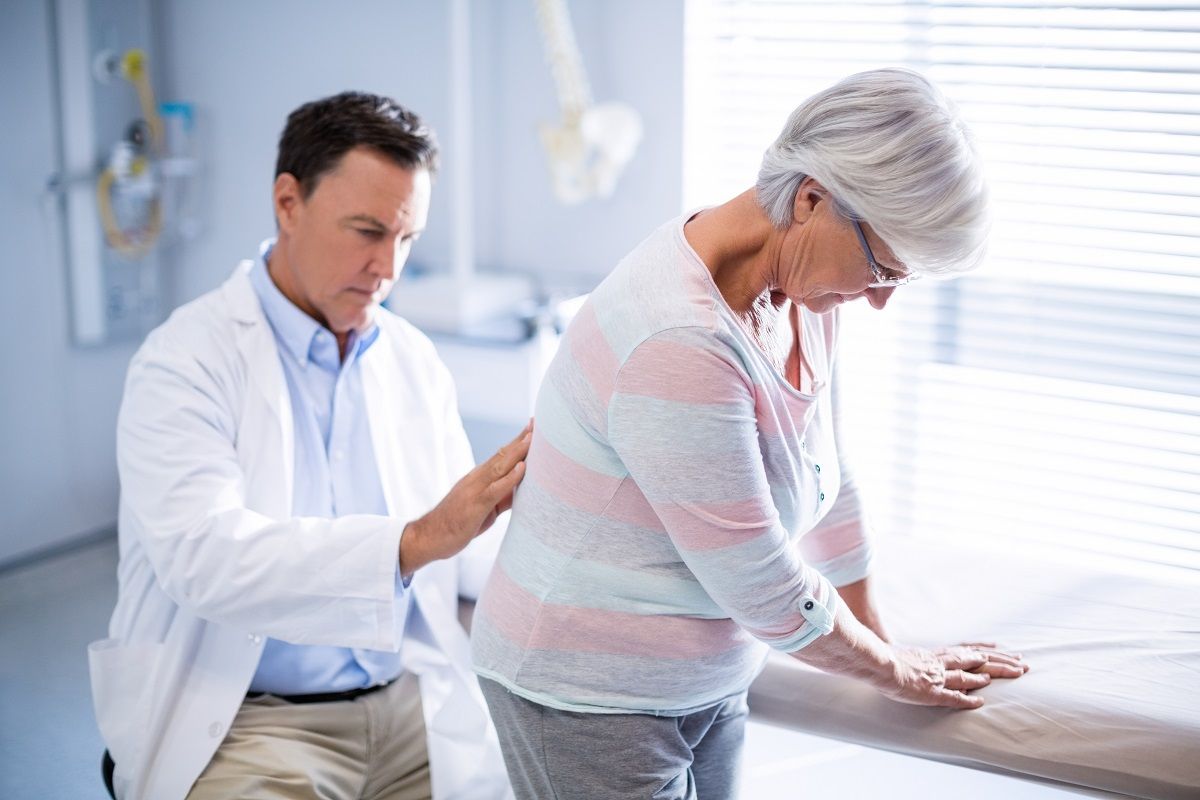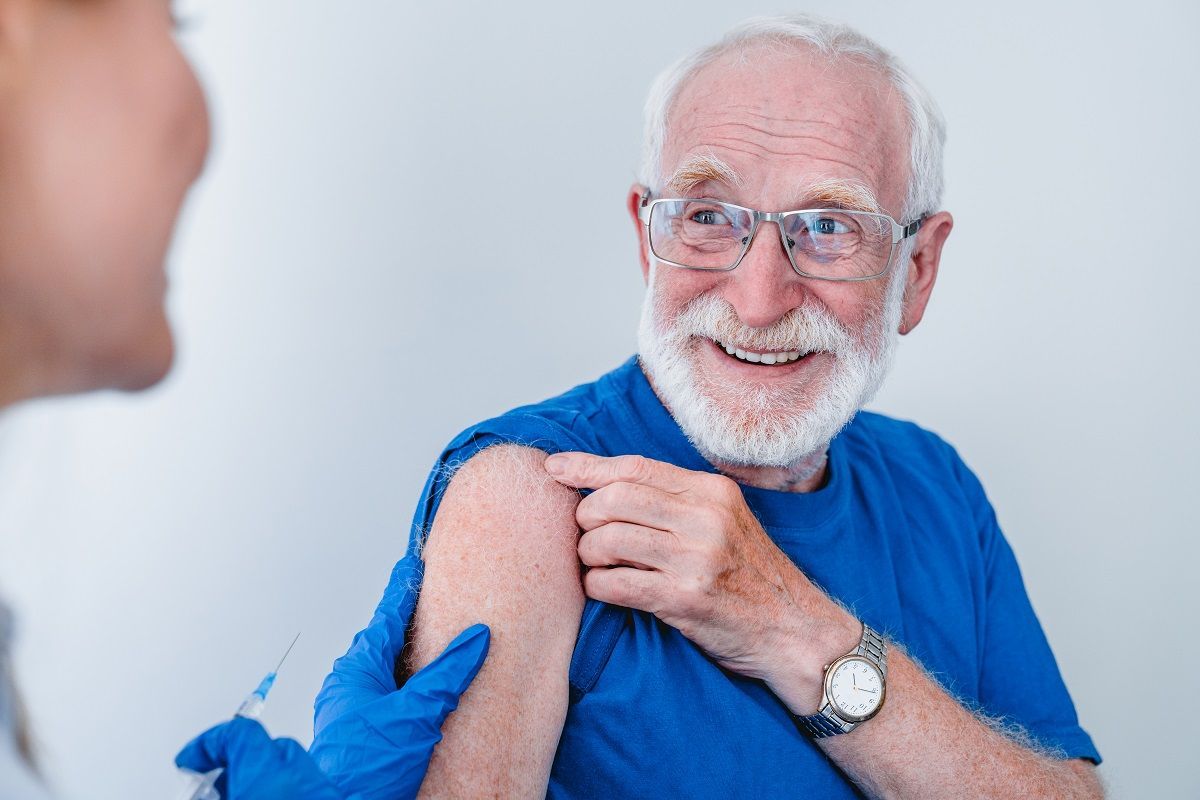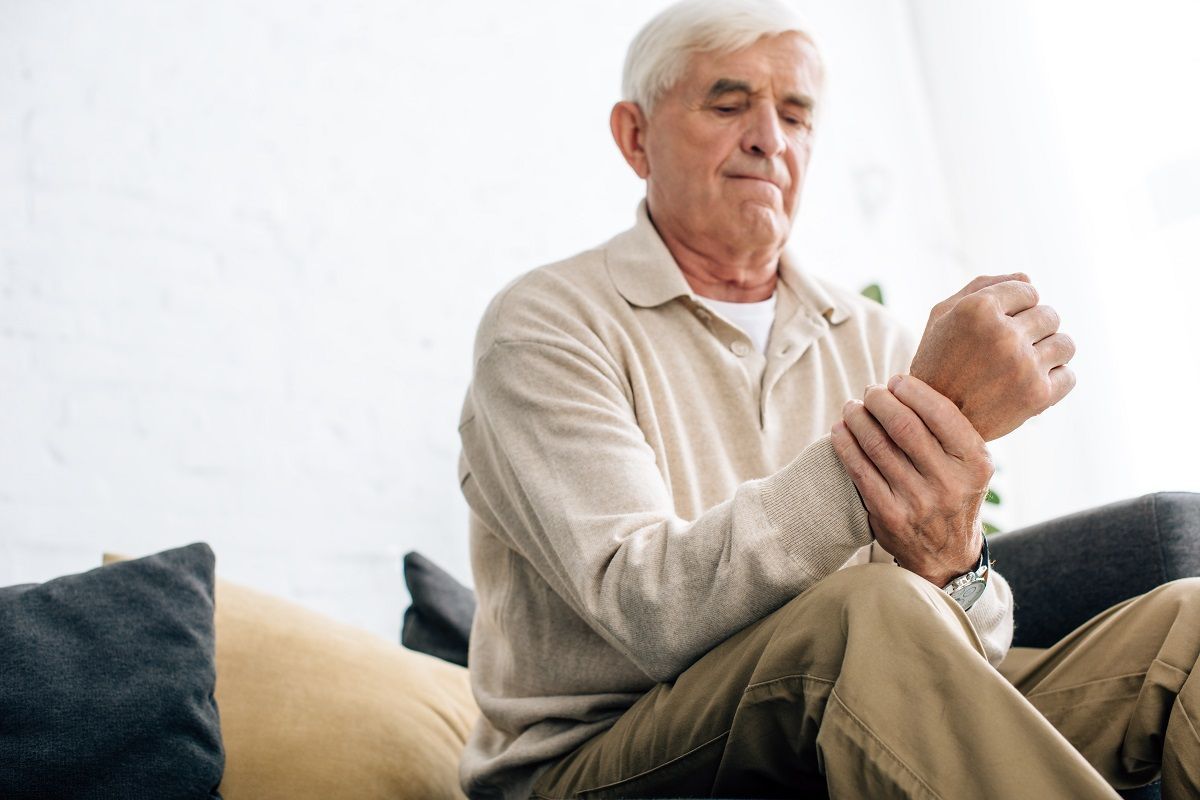Our Location
Elige tu idioma:
Sun Protection for Seniors: Importance and Tips for Sun Safety
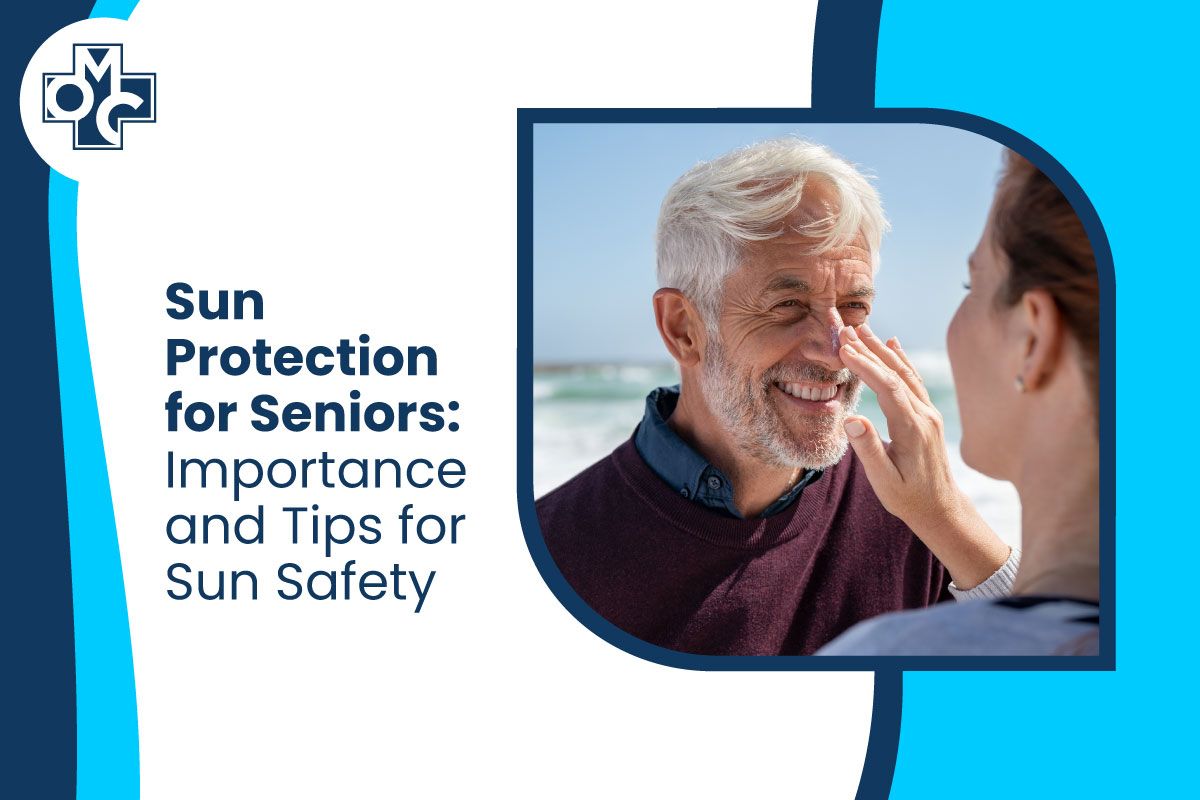
As we age, it becomes increasingly important to prioritize sun protection for seniors. The sun’s harmful rays can significantly impact older adults, making them more vulnerable to sunburns, skin damage, and other health issues. In this blog, we will explore the importance of sun safety for seniors and provide practical tips to help older adults protect their skin from the sun’s harmful effects.
Heat exposure is an ongoing issue that poses a significant public health risk.
Climate change is expected to contribute to a rise in heat-related deaths in the future. In the United States, there has been an average of 702 deaths per year from exposure to extreme natural heat between 2004 and 2018.
Less than half of seniors take precautions to shield their skin from the sun during extended periods outdoors on warm, sunny days. Unfortunately, this lack of protection from the sun increases their vulnerability to developing skin cancer. In the United States, skin cancer treatment costs exceed $8.1 billion annually, with over 5 million individuals undergoing treatment. While many skin cancer cases occur in individuals aged 65 and above, limited attention has been given to strategies to reduce skin cancer risks among this specific age group. Given the increasing lifespan of older adults, it is essential to prioritize public health initiatives that promote lifelong health.
Understanding the Importance of Sun Safety for Seniors
The Vulnerability of Aging Skin
Aging skin undergoes various changes, becoming thinner, more fragile, and prone to dryness. These changes make seniors more susceptible to sun damage, leading to wrinkles, age spots, and skin cancer.
Increased Risk of Skin Cancer
Older adults have a higher risk of developing skin cancer; prolonged sun exposure can contribute to this risk. Therefore, practicing sun safety is crucial for protecting seniors from this potentially life-threatening condition.
Essential Sun Safety Tips for Seniors
- Seek Shade During Peak Hours
Encourage seniors to stay in the shade between 10 AM and 4 PM when the sun’s rays are strongest. This reduces the risk of sunburn and limits direct exposure to harmful UV radiation.
- Wear Protective Clothing
Seniors should wear lightweight, long-sleeved shirts, pants, and wide-brimmed hats that shade the face, neck, and ears. Clothing with a tight weave offers better sun protection.
- Use Sunscreen Daily
Older adults should apply broad-spectrum sunscreen with a minimum SPF of 30 to all exposed skin, even on cloudy days. Choosing a sunscreen that provides UVA and UVB protection is essential. Remember to reapply every two hours or after sweating or swimming.
- Protect Eyes with Sunglasses
The eyes are also susceptible to sun damage. Seniors should wear sunglasses that block 100% of UVA and UVB rays. Look for sunglasses with large lenses that cover the entire eye area and wrap around the sides for maximum protection.
- Stay Hydrated
Seniors should drink plenty of water, especially when spending time outdoors. Proper hydration helps maintain healthy skin and minimizes the risk of heat-related illnesses.
- Be Mindful of Medications
Certain medications can increase sensitivity to sunlight, making the skin more prone to sunburn. Seniors should consult with their healthcare provider about any medicines and take extra precautions when exposed to the sun.
- Stay Informed about UV Index
Keep track of the UV index, a scale that measures the strength of the sun’s UV radiations. Seniors should take extra precautions when the index is high, such as staying indoors or following strict sun protection measures.
Recommended Skin Protectors For Elderly
Best Sunscreen for Older Adults
When choosing a sunscreen for seniors, look for products specifically formulated for sensitive or aging skin. Physical sunscreens containing zinc oxide or titanium dioxide are gentle and effective. Some popular options include Neutrogena Sensitive Skin Sunscreen, La Roche-Posay Anthelios Mineral Sunscreen, and Aveeno Protect + Hydrate Sunscreen.
Best Sunglasses for Seniors
Opt for sunglasses that offer 100% UVA and UVB protection. Look for brands like Ray-Ban, Maui Jim, or Oakley, which provide excellent protection and stylish designs. Wraparound sunglasses are particularly beneficial for seniors, offering additional coverage and minimizing peripheral light exposure.
Frequently Asked Questions About Summer Safety Tips for Seniors
What are some
common heat-related illnesses that seniors can experience?
- Seniors are susceptible to heat exhaustion and heat stroke, leading to dizziness, nausea, rapid heartbeat, confusion, and fainting. These conditions require immediate medical attention.
What are the best hydration practices for seniors in the summer?
- Seniors should drink plenty of water throughout the day, even if they don’t feel thirsty. It’s essential to avoid excessive caffeine and alcohol consumption, as these can contribute to dehydration.
Why is summer safety important for seniors?
- Summer safety is crucial for seniors to prevent heat-related illnesses, dehydration, sunburns, and other health risks that can be exacerbated by hot weather.
Are there specific
dietary recommendations for seniors in the summer?
- Seniors should focus on hydrating foods like watermelon, cucumbers, oranges, and leafy greens. They should also maintain a well-balanced diet with plenty of fruits, vegetables, and lean proteins.
Should seniors limit their time outdoors during hot summer days?
- Seniors should be mindful of spending excessive time outdoors during extreme heat. It’s advisable to plan outdoor activities in the early morning or evening when temperatures are more relaxed.
Prioritizing Sun Protection: Essential Tips for Seniors’ Sun Safety
Sun protection for seniors is paramount to safeguard their skin and overall health. By following these sun safety tips, older adults can reduce their risk of sunburn, skin damage, and skin cancer. Seniors can enjoy the outdoors safely and maintain healthy skin for years by taking these steps.
Are you concerned about sun safety and protecting your loved ones from the sun this summer? Protect your loved ones from harmful UV radiation and maintain their skin health. Our healthcare professionals at Ocana Medical are here to help. Take the first step towards a brighter and safer future! Call (813) 968-8314 or click the “Book Now” button to send us a message or schedule an appointment.
Ocana Medical, located in Tampa, FL, aims to bring you as much information as possible to keep you healthy. We're in this together. #ocanacares
“Respect. Compassion. Quality. Integrity. These are the values on which Ocana Medical Center was built. Our aim isn’t just to treat you today. We hope to earn your trust and be your healthcare provider for life.”
©2023 Ocana Medical Group, Inc.
USEFUL LINKS
GET IN TOUCH
Call Us Today
Send us Email
Our Location
Ocana Medical Center | All Rights Reserved.



